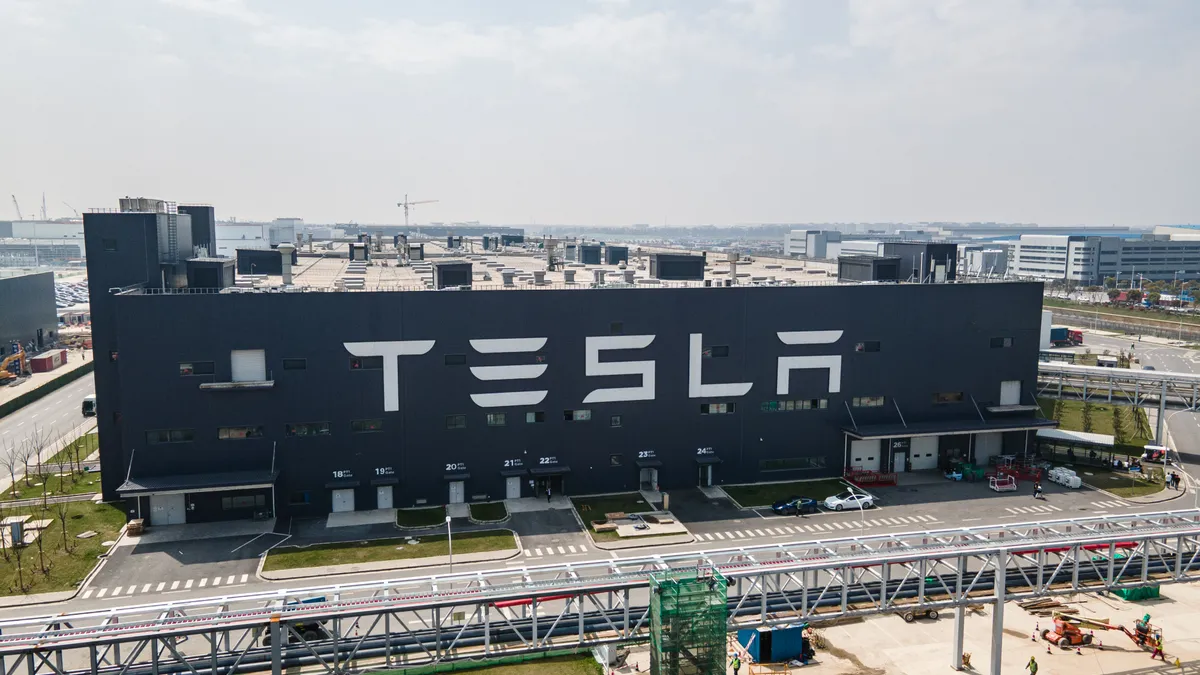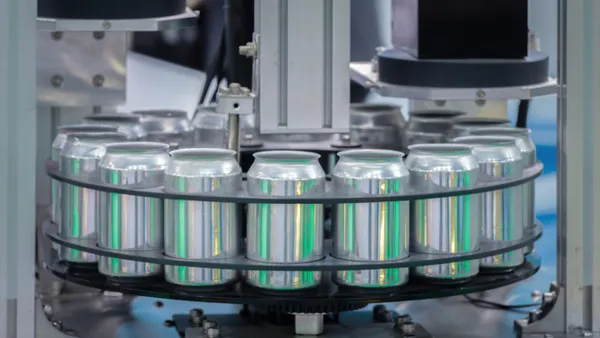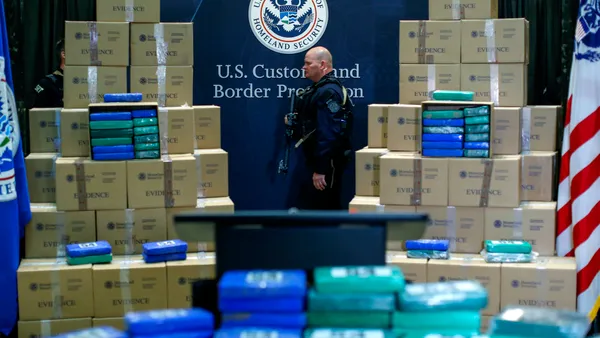Dive Brief:
- Tesla could face higher production costs after a lithium supplier revised its deal with the electric vehicle maker to reflect rising demand for the mineral.
- Under the revised deal, Piedmont will deliver 125,000 metric tons of lithium concentrate to Tesla beginning in the second half of 2023. Pricing for Tesla will be pegged at the time of shipment to market prices for lithium, rather than using fixed prices as under a previous agreement between the two companies.
- Lithium prices have soared over the past year and are expected by analysts to stay high into 2023 as supplies remain tight and demand continues to climb.
Dive Insight:
Lithium is a critical ingredient to Tesla’s business, feeding into the energy storage products and vehicle battery components the company produces.
In securities filings, Tesla notes that it tries to reach “long-term supply contracts” at “competitive pricing when feasible” for the raw materials that feed its operations, such as lithium, aluminum, copper and cobalt, among other materials. That could get harder, though, as demand for those materials increases.
“[I]n electric vehicles, things like battery-grade lithium are still crazy expensive,” Tesla CEO Elon Musk said in October during the company’s most recent analyst call. “So, we’ve got a mixture of things where prices are dropping and things where prices are increasing.”
Prices for lithium hydroxide, commonly used to make lithium-ion batteries, were up 156% YoY in December, according to S&P Global Commodity Insights.
In an August report, BCG noted that the price of lithium has increased tenfold over the past two years, and chronic shortages loom in the years ahead after 2025, when supplies are projected to wear thin. At the same time, demand for electric vehicles and batteries are expected to continue growing as the world tries to transition away from fossil fuels.
At Tesla, the costs of raw materials have already eaten into its bottom line. The automaker’s cost of sales for vehicles spiked 61% YoY, or by nearly $5 billion, in the third quarter. The increase was due in part to rising costs for commodities and raw materials.
The amended deal with Piedmont could mean more cost spikes ahead, depending on where the lithium market goes. The agreement is binding for a three-year term, with an option to renew for another three years.
“The electric vehicle and critical battery materials landscape has changed significantly since 2020 and this agreement reflects the importance of — and growing demand for — a North American lithium supply chain,” Piedmont Lithium CEO Keith Phillips said in a statement.















